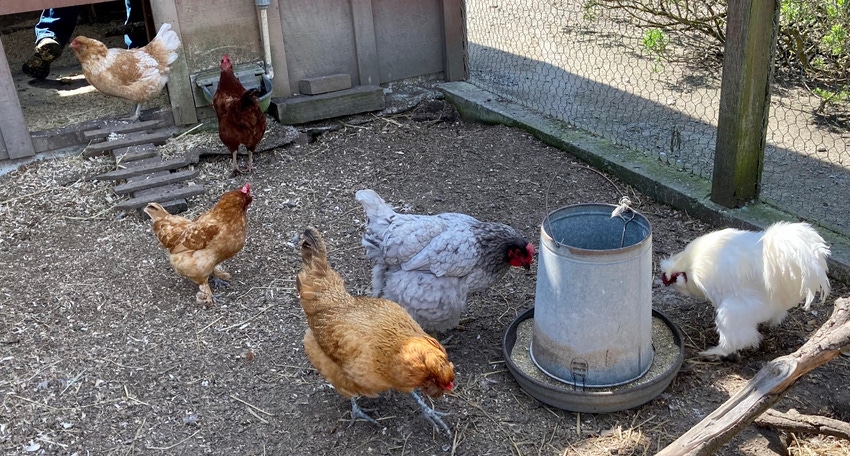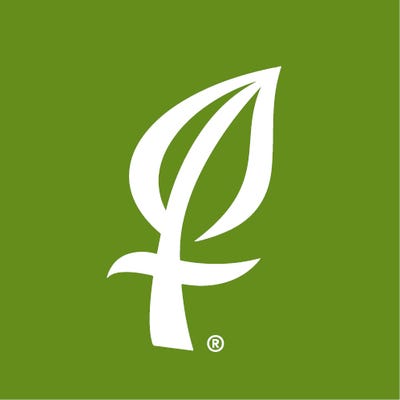July 11, 2022

USDA and Nevada agriculture officials have recorded this year's first case of highly pathogenic avian influenza in the Silver State.
The disease that has been spreading in non-commercial flocks throughout the West was discovered in the Carson City area, the Nevada Department of Agriculture reports.
The affected premises have been quarantined and birds on the property will be depopulated to prevent the spread of the disease in accordance with USDA guidelines.
HPAI has been detected in states throughout the U.S. To protect bird health, the NDA issued biosecurity recommendations in April of 2022 as detections were made in bordering states. This first detection is a reminder to owners of domestic birds to practice bird health safety measures and report illnesses. To mitigate impacts of the disease, it is important that bird owners quarantine and report any sick birds to the USDA at (866) 536-7593 or the NDA state veterinarian Dr. Amy Mitchell at [email protected].
Related: Washington leads nation in backyard HPAI cases
“This detection further emphasizes the importance of domestic bird owners to develop and maintain plans to protect the health of their flock and prevent the transmission and further spread of disease,” said Dr. Mitchell.
Avian influenza viruses can infect domestic birds (such as chickens, turkeys, pheasants, quail, domestic ducks, geese, and guinea fowl) and wild birds. HPAI is extremely infectious and can spread rapidly. HPAI strains can circulate freely in wild birds without sign of illness but can infect domestic birds causing severe and fatal illness. Some species of wild birds, such as raptors, also experience high mortality rates.
Safety measures
Proper bird health safety measures are outlined on the NDA website and include:
Wash hands before and after coming in contact with birds.
Limit the number of people that come into contact with your flock to those necessary for their care.
Use personal protective equipment such as shoe covers, gloves, hair and clothing covers.
Clean and disinfect equipment before and after each use.
Do not share tools or supplies between flocks.
Flocks should be housed in enclosures that prevent any exposure to wild birds or waterfowl, such as barns or similar covered, secure areas.
Avoid attracting wild birds and waterfowl by securing feed and not using wild bird feeders on or near the premises.
Quarantine sick birds immediately and report to the USDA (866) 536-7593 or NDA state veterinarian Dr. Amy Mitchell at [email protected].
Three or more wild bird mortalities should be reported to the Nevada Department of Wildlife at (775) 688-1500 or [email protected].
Infected birds will not enter the food system and according to the U.S. Centers for Disease Control and Prevention (CDC), the public health risk associated with these avian influenza detections in birds remains low. As a reminder, the proper handling and cooking of all poultry and eggs to an internal temperature of 165 ˚F is recommended as a general food safety precaution.
Related: UC expert: Protect poultry from migrating birds
For more information on avian influenza and safety measures, visit agri.nv.gov/Animals/Avian.
Source: Nevada Department of Agriculture, which is solely responsible for the information provided and is wholly owned by the source. Informa Business Media and all its subsidiaries are not responsible for any of the content contained in this information asset.
About the Author(s)
You May Also Like






